Can Cats Eat Oatmeal? Safety, Health Benefits, and More

Are you worried sick about your furry friend's nutrition?
Do you find yourself tossing and turning at night, wondering if cats can safely gulp down a bowl of oatmeal?
Well, fret no more because today, my friends, we're diving headfirst into the world of feline oat indulgence. 🐱
So, grab a cozy spot and let's uncover the truth, shall we?
Time to put those cat-curious minds at ease.
Let's begin.
The Risks and Benefits of Cats Eating Oatmeal
Cats and oatmeal...hmm, interesting combination.
Let's take a closer look at the risks and benefits:
- Plain oatmeal is generally safe for cats in small quantities, but it should never be their main food source.
- Cats should avoid oatmeal with raisins or chocolate as they can be toxic to feline friends.
- Keep an eye on your cat after feeding them oatmeal. Watch out for signs of illness such as vomiting, diarrhea, or upset stomach.
- It's important to ensure your cat stays hydrated even if they eat plain oatmeal. Always provide fresh water for them.
- While oatmeal may not be essential to a cat's diet, it can benefit older cats or those who are active due to its anti-inflammatory properties.
- Oatmeal doesn't contain any harmful components or toxins that can put cats at risk.
- Other treats might be more suitable for cats' dietary needs, but oatmeal can be used occasionally to add variety to their diet.
So, there you have it!
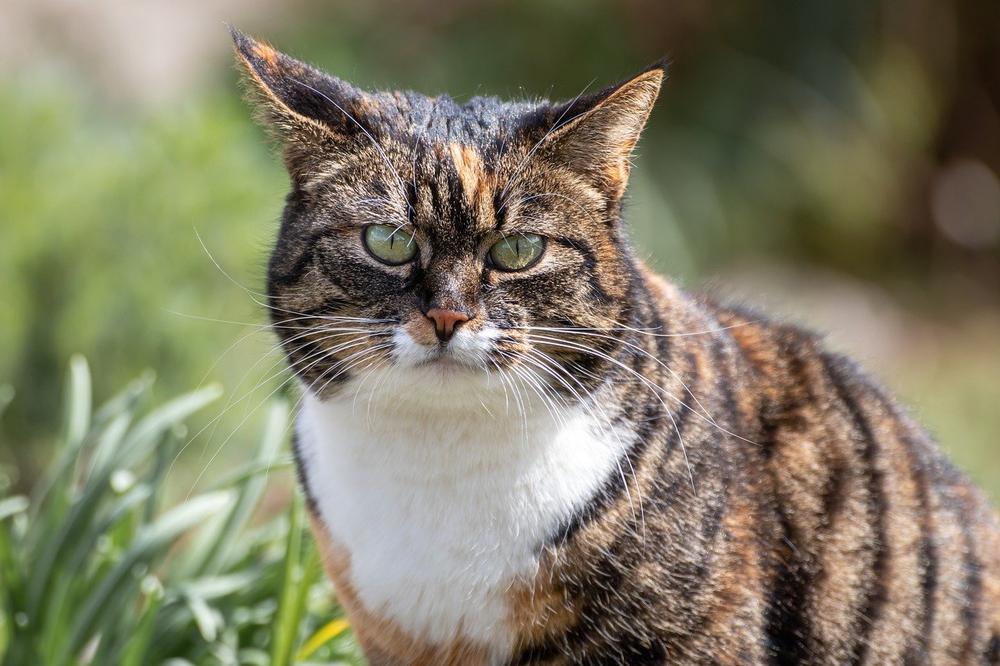
Oatmeal can be safe for cats if fed properly but ensure to keep an eye on them and choose plain oatmeal without any harmful ingredients.
Main points I'll expand upon further down this article:
- Oats offer numerous benefits as a valuable addition to a cat's diet.
- Cats should only consume oatmeal in small amounts daily due to its high carb count.
- Oatmeal contains fiber and vitamins that support overall health, including strong bones and improved renal function.
- Essential nutrients in oatmeal include manganese for thyroid health and zinc for a shiny coat.
- Oatmeal can be a healthy addition to a cat's diet if they already consume dry food containing oats.
- Oatmeal provides relief for itchy skin, aids digestion, and contains various vital nutrients.
- Rolled oats are easier for cats to digest than steel-cut oats.
- Oatmeal contains linoleic acid and amino acids that support cats' coat health.
- When making oatmeal for cats, ensure the ratio of oats to proteins does not exceed 2:1.
- Avoid high levels of sugar and salt in cat food recipes and ensure any human food given to cats avoids excessive salt and seasonings.
But what about the specific health benefits of oatmeal for cats?
Let me share some fascinating insights with you, as I dive deeper into the wonders that oats can bring to your feline friend's wellbeing.
Get ready to discover the surprising ways oatmeal can nourish and enhance your cat's all in all health!
What Are the Benefits of Cats Eating Oatmeal?
Oatmeal isn't just for humans; cats can also benefit from this tasty treat!
Here are some surprising benefits of cats eating oatmeal:
- Oats provide essential vitamins and minerals, including manganese, zinc, and antioxidants, that promote overall feline health.
- It can improve a cat's coat health by providing important nutrients like vitamins B and E, iron, and folic acid.
- Oatmeal is packed with fiber and protein, which aids in digestion and supports healthy bowel movements for your fur baby.
- Cats with itchy skin can find relief through oatmeal, as it has properties that soothe irritated skin.
- Believe it or not, oatmeal can help lower cholesterol levels in cats, just like it does in humans.
- If your cat doesn't drink enough water, oatmeal tea can serve as a great hydration alternative to ensure they stay properly hydrated.
You must give oatmeal to your cat in moderation and consult with your veterinarian before introducing any new foods into their diet. With that being said, oatmeal can be a beneficial addition to your cat's menu, ensuring they have a happy and healthy life! 😺
Want to learn more? Further down the blog post, I'll provide crucial information on what to do if your cat eats something toxic. So keep reading to ensure your feline friend's safety!
But how exactly should you incorporate oats into your cat's diet?
What are the best recipes to ensure they get the most benefits from this nutritious grain?
Keep reading to discover simple and delicious ways to introduce oatmeal to your feline friend.
How to Make Oatmeal for Cats: Two Easy Oatmeal Recipes
When it comes to making oatmeal for your cats, here's a straightforward guide:
- Keep the oats-to-proteins ratio at 2: 1 or less.
- Start by introducing oats through oat tea.
- Enhance the texture and flavor of wet food by mixing in boiled oats.
- Fully cook the oats to make oatmeal porridge.
- Remember that raw oats might be hard for cats to digest, so avoid feeding them that.
- Watch out for lactose intolerance when adding milk to oatmeal as most cats have it.
- Make sure cat food recipes contain low amounts of sugar and salt.
- Don't go overboard with salt or seasonings when preparing oatmeal.
- Keep dry kibble moist by using oat tea.
- For an extra nutritional boost, incorporate cooked oats into your cats' meals.
Always prioritize the health and well-being of your feline friend.
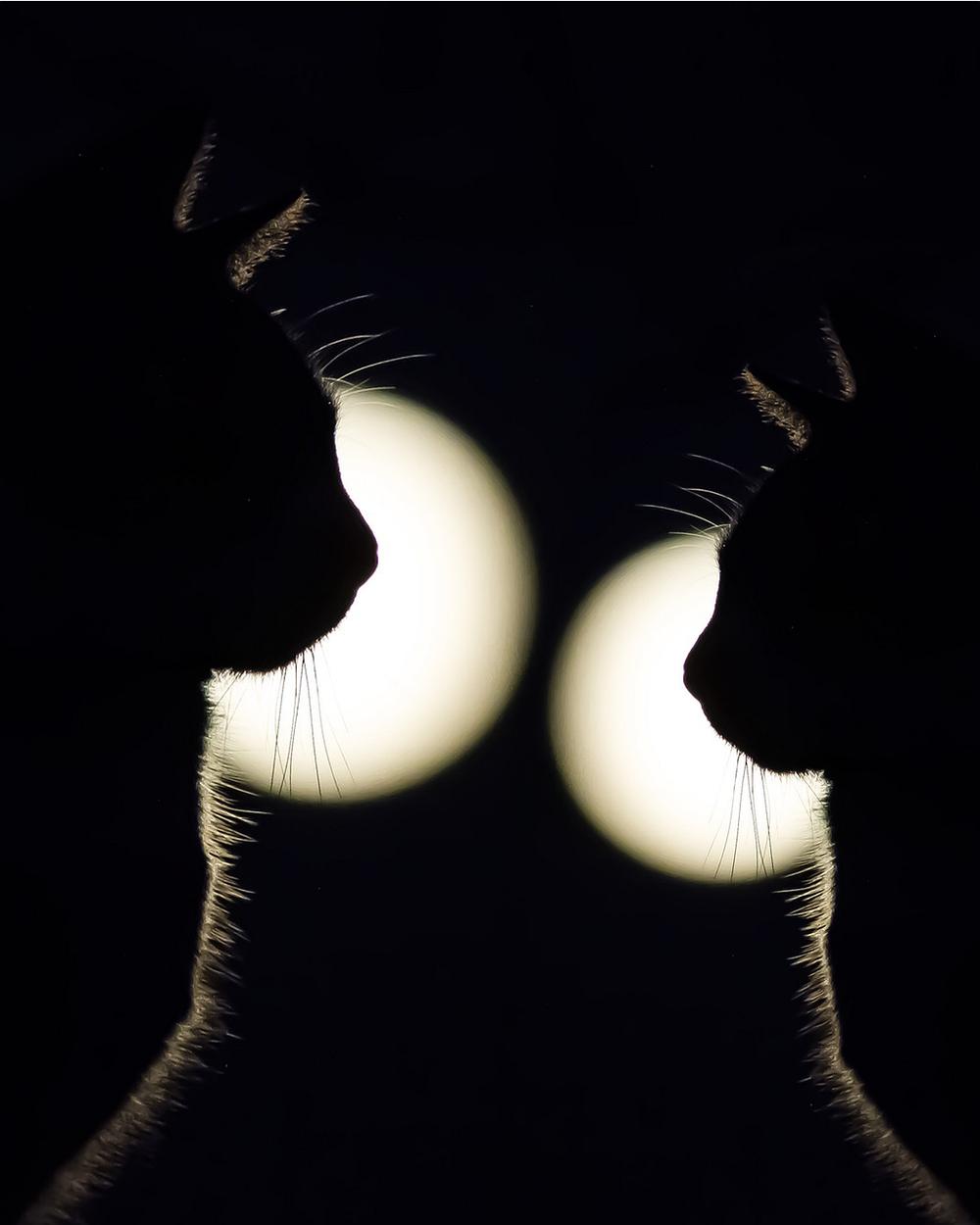
Now that you know how to make oatmeal for your cats, you might be wondering about the right amount to feed them.
But did you know that excessive consumption of carbohydrates can actually be harmful?
Let's explore why you need to find the right balance when incorporating oatmeal into their diet!
How Often Can Cats Eat Oats?
You should be cautious when including oats in your cat's diet. While oats can offer protein and carbs, you must bear in mind that oatmeal is not a regular component of their food. Cats may suffer from excessive carb intake, so you need to find the right balance when considering how frequently to feed them oatmeal.
Make sure you consider your pet's dietary requirements before incorporating oats into their meals.
What Other Human Foods Can Cats Eat?
What other human foods can cats eat? 🐱
Well, here are some cat-friendly options:
- Plain Quaker Oats are acceptable for cats, but flavored oatmeal and fruits should be avoided.
- Cats may develop lactose intolerance, so introduce cheese in small amounts or opt for low-lactose options.
- Cooked meat without skin, salt, and seasoning is permissible, but offer it in small quantities.
- Cook raw eggs to prevent salmonella poisoning.
- Serve fruits like melons and apples without seeds and skins respectively.
- Bananas and blueberries are considered cat-friendly fruits.
- Remove peas from pods as they might be challenging for cats to eat.
- While cats prefer meat-based treats, oatmeal is often found in health-conscious cat food formulas.
- Cats can enjoy scrambled eggs, freeze-dried duck nibs, minnows, salmon, and canned, pureed pumpkin as part of their diet.
So remember, cats can have these human foods, but always practice moderation and avoid harmful ingredients.
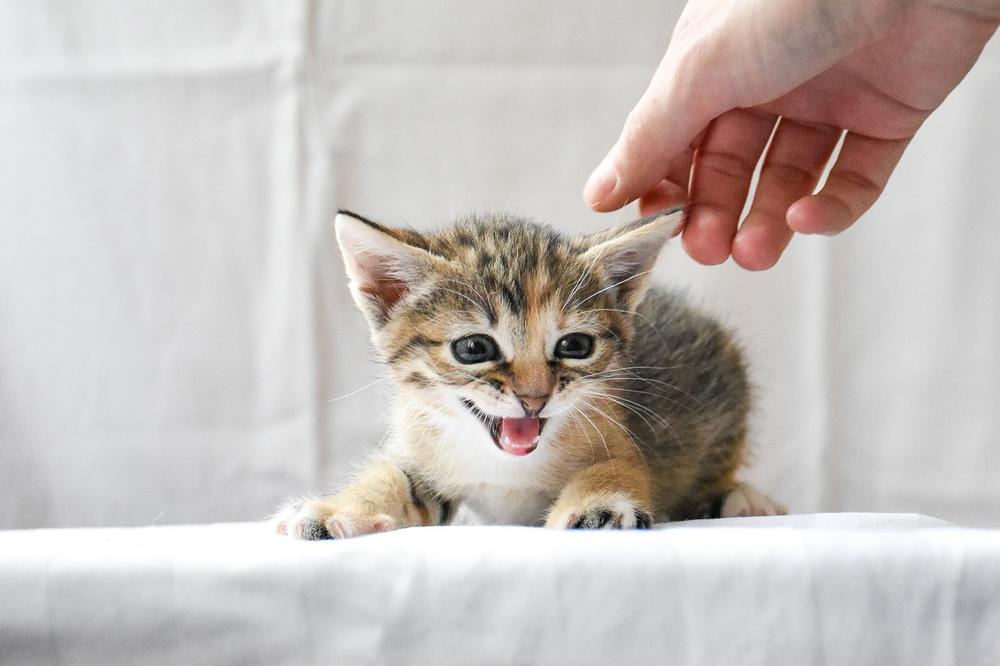
And if you're curious about whether cats can safely consume salmon, I invite you to check out my informative blog post on the topic.
Head over to Can Cats Eat Salmon to discover everything you need to know.
Trust me, it's a must-read for any cat owner wanting to provide their furry friend with the best and safest diet.
Take a moment to satisfy your curiosity and learn more about this important topic.
What to Do if Your Cat Eats Something Toxic
Observe your cat's behavior for any signs of toxicity
When it comes to your furry friend, keep a close eye on their actions (yes, be like a detective!).
Cats have a habit of munching on things they shouldn't, just like mischievous little troublemakers.
So, make sure you're always watching and notice if they're acting strangely or displaying any unusual behavior.
Be aware of dangerous additives and foods
Now, let’s chat about food.
You know how cats have their preferences, right?
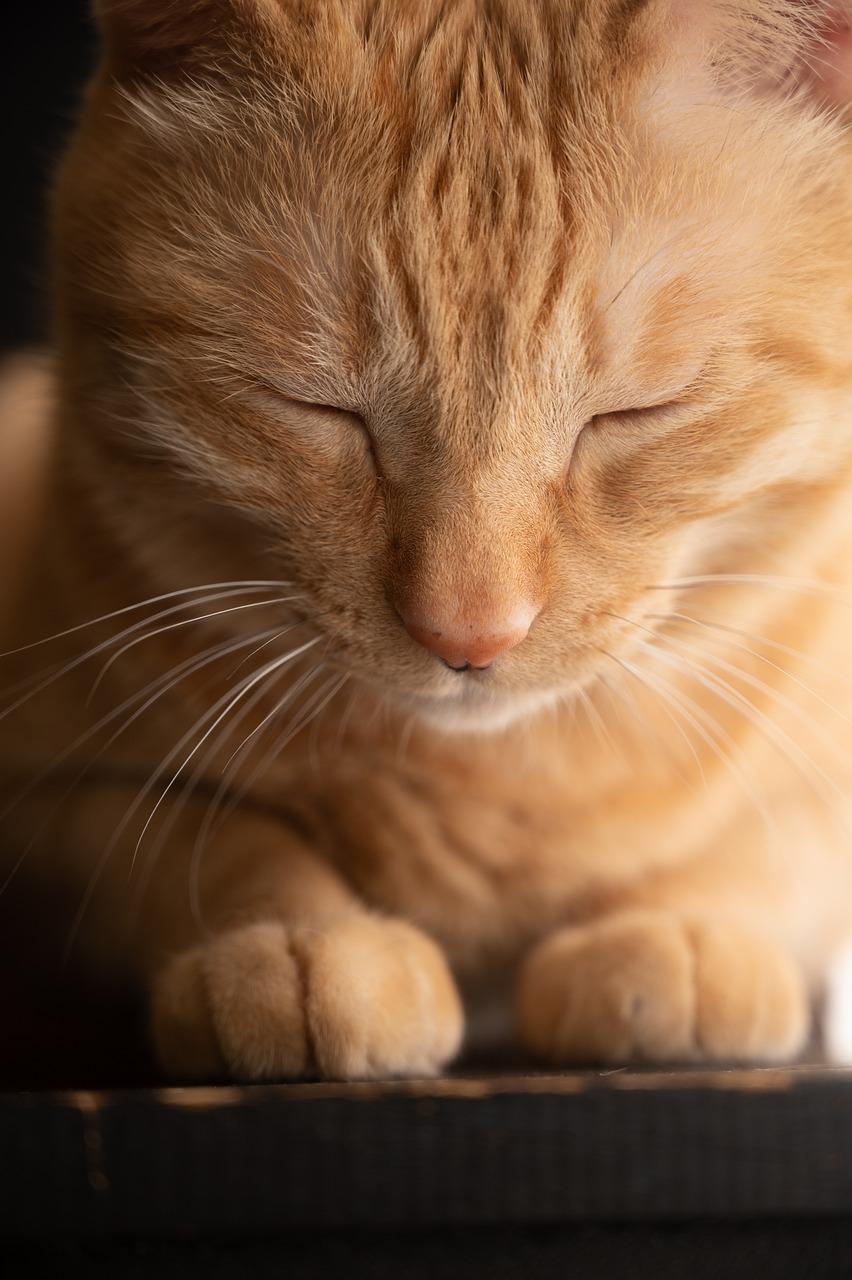
Well, unfortunately, some human treats can be harmful to them too!
I'm talking about items like grapes and chocolate, among others.
These might seem harmless to us (come on, who doesn't love chocolate?), but if your feline indulges in these tasty yet perilous snacks, they can face serious consequences!
And that's not what we want, is it?
Take precautions to keep your cat safe and healthy
To ensure the wellbeing and safety of your beloved companion, there are certain steps you should take:
- Keep potentially harmful substances out of reach: This means securely storing cleaning products, medications, and other toxic items in places your clever cat can't access.
- Resist the urge to share human food with your cat: Sorry, but cats aren't humans in fur coats. Stick to their specialized cat food and avoid feeling guilty about not sharing your plate with them, even though it may be heartbreaking for you.
- Consult a vet: If you suspect your curious kitty has ingested something toxic, don't delay! Immediately get in touch with your trusted veterinarian for guidance and appropriate treatment.
Prevention is essential when it comes to keeping your whiskered friend out of harm's way.
Therefore, stay vigilant, monitor their diet, and create a secure environment for your darling cat.
Essential Nutritional Requirements for Cats
| Nutrient | Function | Food Sources |
|---|---|---|
| Protein | Essential for growth, repair, and maintenance of tissues | Meat, fish, poultry, eggs, dairy products, legumes |
| Carbohydrates | Provide energy | Whole grains, vegetables, fruits |
| Minerals (taurine) | Vital for heart and eye health | Meat, fish, shellfish, eggs |
| Fat | Aids in nutrient absorption and promotes a healthy coat | Fish oil, poultry fat, oils |
| Vitamins | Support overall health and immune system | Liver, fish, eggs, dairy products, fruits, vegetables |
Do you have a furry feline friend?
Then you know they have specific nutritional needs that must be met for them to thrive.
Let's get straight to the point. Cats need protein.
It is crucial for their all in all health and bodily function.
When choosing cat food, ensure it has high-quality sources of protein like chicken, turkey, or fish.
Protein should be the main component of your cat's diet, with minimal carbohydrates.
Cats require a dense diet that's packed with proteins and fats.
Unlike dogs, cats are not constant grazers.
That means they need to consume enough calories in each meal.
Don't forget about essential minerals too. Taurine, for example, is an essential amino acid that cats can only get from animal meat.
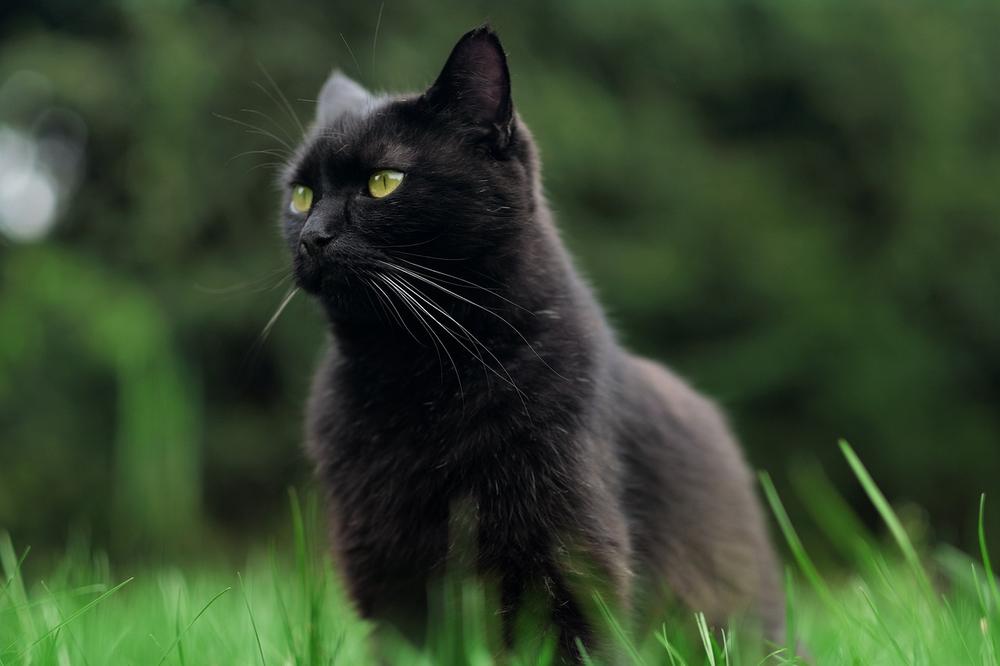
It's necessary for their heart function and overall well-being.
Cats also need fat in their diet.
Fat provides energy, maintains a healthy coat, and helps them absorb vitamins and nutrients.
Now, here's something important:
Avoid free-feeding and excessive treats.
Follow the 10% rule when giving your cat treats.
Overfeeding and too many treats can lead to obesity and other health problems.
Keep your cat's diet well-balanced with protein-rich, low-carbohydrate food and treats. This is crucial for maintaining a healthy weight and supporting their in essence bodily function.
Vitamins and minerals are also essential for cats.
They need regular intake of these nutrients for their overall health.
To sum it up, here's what you should prioritize when feeding your furry feline friend:
- Protein: Make it the priority in their diet.
- Limit carbohydrates.
- Essential minerals like taurine are a must.
- Sufficient intake of healthy fats.
- Avoid overfeeding and excessive treats.
You will guarantee your cat's happiness and good health by adhering to these instructions for providing the necessary nutrition.
And that wraps up today's article.
If you wish to read more of my useful articles, I recommend you check out some of these: Can Cats Eat Broccoli, Can Cats Drink Lemon Water, Can Cats Drink Chocolate Milk, Can Cats Eat Strawberry, and Can Cats Eat Bread
Talk soon,
-Sarah Davis